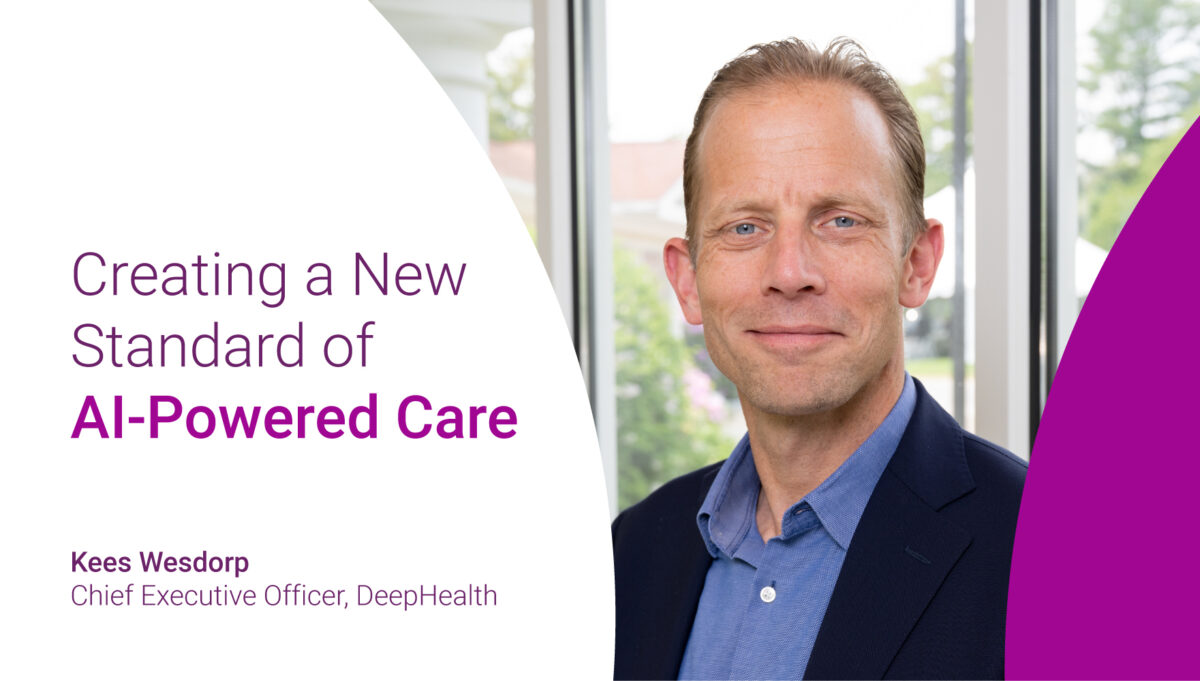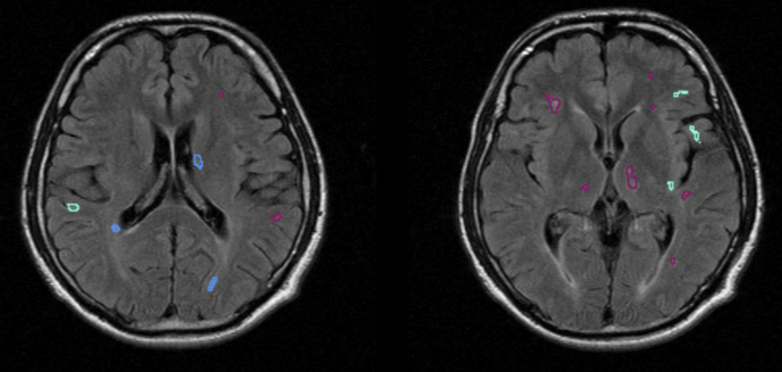Translation of the original article in the Italian language published by Professor Giovanni Capobianco, Director of the Transmural Geriatrics Hospital-Territory Unit, ASL Roma2, in Sanita24.ilsole24ore.com. Link to the original article.
According to estimates by the Ministry of Health, in Italy by 2051 there will be 280 elderly people for every 100 young people1. In an aging society where nearly 40% of Italians live with chronic diseases2, the National Health Service (SSN) is facing a necessary and rapid evolution centered on implementing new models for managing complex diseases that will increasingly affect larger segments of the population in the near future.
Cognitive disorders and dementias, with Alzheimer’s disease accounting for 60% of cases, are continuously rising among the elderly population but also increasingly affecting younger age groups. It is estimated that approximately 600,000 Italians suffer from Alzheimer’s disease, and this number rises to about 1.1 million when considering people with dementia, in addition to around 900,000 Italians diagnosed with Mild Cognitive Impairmenti. In this scenario, early diagnosis is crucial for improving patient management and reducing the impact of dementias and cognitive disorders on NHS and Italian society as a whole.
The application of AI-powered software with MRI, in association with both neuropsychological tests and the crucial clinical “narrative,” enables the improvement of clinical confidence in the early diagnosis of cognitive impairments. An advanced integrated and AI-powered clinical, neuropsychological, and neuroradiological approach fosters the emergence of new multidisciplinary and transversal care pathways. This was discussed recently in Milan during the meeting titled “AI-supported radiology and healthcare informatics: at the technological frontier of a new approach to care,” organized by DeepHealth, a global leader in providing AI-powered radiology and health informatics for real-world clinical settings and screening programs. The event was on the occasion of DeepHealth’s launch in Italy of its integrated portfolio of solutions, where results from the project realized at ASL Roma 23 applying DeepHealth’s Brain AI software were shared.
The study involved 226 patients, integrated clinical information, advanced neuropsychological tests, and neuroradiological investigations (MRI) combined with AI algorithms. The collected results showed high sensitivity (92%) in the early identification of hippocampal atrophy associated with early cognitive disorders and Alzheimer’s disease. The study also revealed a positive correlation (86%) between neuropsychological tests and the degree of cerebral atrophy in strategic areas.
These encouraging data demonstrate how quantitative morphological investigation can play a key role in promoting the emergence of new diagnostic models centered on the synthesis of MRI (hardware), AI (software), advanced neuropsychological tests, and geriatric clinical evaluation (human component). This forms the foundation of a cross-disciplinary and multidisciplinary approach to improve the early diagnostic process in response to the needs of patients and the entire health system.
3 Preliminary data from the observational study conducted at ASL Roma 2 on 226 geriatric patients starting from February 2023 to date, to investigate early diagnosis of dementia with the use of neuropsychological tests and AI powered (DeepHealth ND) MRI automated evaluation of brain volumetry.






